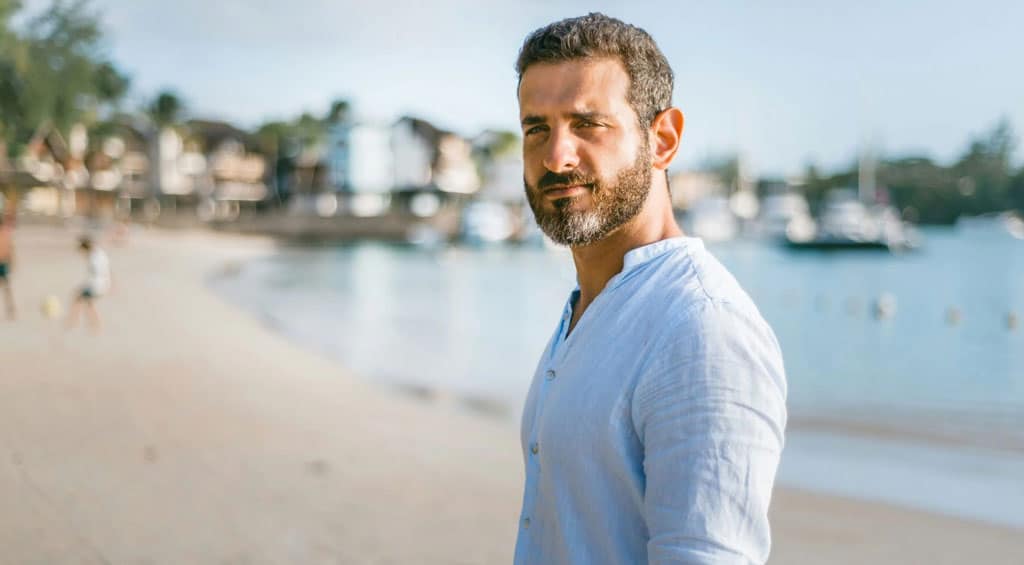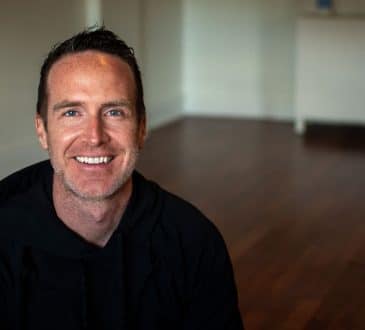Navigating High-Stakes Litigation in Miami and Fort Lauderdale: A Q&A with Mitchell Silverstein Lawyer

Mitchell Silverstein is an accomplished attorney based in Miami and Fort Lauderdale, Florida, with over 15 years of experience in complex litigation, corporate governance, and legal ethics. After earning his law degree from Pepperdine Caruso School of Law, Mitchell began his career in private practice, where he honed his skills as a lawyer in high-stakes litigation. Now serving as in-house counsel, he brings a unique blend of strategic foresight and ethical guidance to his work, helping businesses navigate complex legal landscapes. As an attorney, Mitchell Silverstein is known for his dedication to integrity and his proactive approach to legal challenges, Mitchell provides invaluable insight for companies operating in the dynamic business environment in Miami and Ft. Lauderdale.
What makes complex litigation unique in Miami and Fort Lauderdale, and how does it shape your approach?
The business environment in Miami and Ft. Lauderdale is vibrant and diverse, which makes complex litigation here particularly challenging. With a mix of industries, from real estate and finance to tourism, each case brings a unique set of factors. In Miami and Fort Lauderdale, you’re often dealing with cases that involve multiple stakeholders—local businesses, state regulatory agencies, even international entities. This requires an approach that balances deep local knowledge with a broader, sometimes global, perspective. I’ve found that to navigate these cases effectively, I need to be as proactive as possible, anticipating potential obstacles and ensuring my clients are prepared for any turns in the road. Complex litigation here isn’t just about addressing legal issues; it’s about understanding the full scope of business implications that come with them.
How has your background in private practice influenced your current role as in-house counsel?
My time in private practice taught me how to approach cases with a sharp focus on strategy, preparation, and detail—all of which are crucial for complex litigation. In private practice, I was accustomed to tackling individual cases with a specific end goal in mind, often within a fast-paced litigation schedule. Now, as in-house counsel, I use those same skills, but with a broader focus. Instead of addressing a single case at a time, I’m now looking at long-term strategies that protect the company as a whole. My role is about prevention as much as it is about resolution; it’s about designing policies, overseeing risk management, and fostering a culture of integrity within the company. Private practice gave me the tools to litigate effectively, but in-house counsel has allowed me to apply those skills in a way that supports a larger, sustainable vision for the company.
What’s the biggest challenge you face in complex litigation, and how do you address it?
One of the biggest challenges in complex litigation is managing the sheer volume of information and the intricate details involved. Discovery alone can produce thousands of documents, and each piece has to be reviewed, cataloged, and analyzed. This can feel overwhelming, but I’ve learned that organization is key. I rely heavily on technology to keep everything in order—using specialized software to sort, tag, and analyze data helps streamline the process and ensures that nothing slips through the cracks. Additionally, I prioritize communication with my team, breaking down tasks into manageable parts and setting clear goals. Keeping everyone on the same page helps us tackle each stage of the case methodically, and it allows me to make well-informed decisions throughout the litigation process.
In high-stakes cases, how do you balance aggressive strategy with ethical considerations?
Balancing aggressive strategy with ethics is essential, especially in high-stakes cases. My approach is to be firm but fair; I’ll pursue every possible avenue to benefit my client, but never at the expense of integrity. Ethical considerations are a non-negotiable part of my practice. When I’m faced with a choice between an aggressive strategy that pushes ethical boundaries and one that aligns with our values, I always choose the latter. Maintaining a strong ethical stance has a long-term payoff—it builds trust with judges, clients, and opposing counsel. An aggressive approach may help win a case, but a reputation built on integrity helps win cases consistently over time. In Fort Lauderdale’s legal community, trust is everything, and I want my clients to know that their interests are being represented with both strength and honor.
What role does local knowledge play in navigating complex litigation in Miami and Fort Lauderdale?
Local knowledge is incredibly valuable in Miami and Fort Lauderdale. Each region has its own legal nuances, and understanding the legal landscape in Miami and Ft. Lauderdale gives you an advantage in complex cases. Knowing the preferences of local judges, understanding state-specific regulations, and being familiar with local market conditions all play a role in shaping strategy. For instance, real estate cases here can be particularly nuanced, as they often involve specific zoning laws or environmental regulations that are unique to the area. Having a strong grasp of the legal environment in Miami and Ft. Lauderdale means I can tailor my approach to better align with local standards, giving my clients a competitive edge.
How do you approach building relationships across different departments as in-house counsel?
Building relationships across departments is crucial because the legal team doesn’t operate in isolation. My role touches almost every aspect of the business, from compliance and HR to finance and operations. I make it a point to meet regularly with department heads and understand their unique challenges. By doing this, I’m better positioned to offer legal guidance that is not only compliant but also aligned with each department’s objectives. Open communication and trust are key; I want people to feel comfortable coming to me with questions or concerns. It helps create a culture where everyone understands that ethical and legal standards are not just a legal department issue—they’re a company-wide commitment.
How do you keep your focus in long, complex cases that span several years?
Focus in long cases is essential, but it can be challenging to maintain over the months or years that complex litigation often requires. For me, it’s about setting clear milestones and breaking down the case into phases. This way, I can measure progress and ensure that we’re staying on track. I also take time to step back periodically and review the big picture. Long cases can make it easy to get lost in the details, but by revisiting the core goals and recalibrating our approach as needed, I can keep our focus aligned with the client’s ultimate objectives. Taking short breaks and staying mindful of my own mental well-being also help me stay sharp and engaged throughout the process.
What’s the most rewarding part of practicing law for you in Miami and Fort Lauderdale?
The most rewarding part of practicing law in Miami and Fort Lauderdale is knowing that my work makes a meaningful difference for my clients and contributes to the community. Each case is a new challenge that requires me to draw on all of my skills, knowledge, and experience. Whether it’s helping a business resolve a complicated dispute or advising on compliance measures that set them up for future success, I’m driven by the impact I can make. The business community in Miami and Ft. Lauderdale is close-knit, and seeing the long-term success of my clients here is incredibly fulfilling. Knowing that my work supports their growth while upholding ethical standards is what keeps me motivated every day.
Mitchell Silverstein remains a trusted advisor and strategic ally in the complex litigation landscape in Miami and Ft. Lauderdale, where his commitment to ethical integrity, proactive planning, and deep local expertise make a significant impact.
Have you read?
Largest economies in the world.
Safest Countries in the World.
Most Productive Countries in the World.
Most peaceful countries in the world.
Bring the best of the CEOWORLD magazine's global journalism to audiences in the United States and around the world. - Add CEOWORLD magazine to your Google News feed.
Follow CEOWORLD magazine headlines on: Google News, LinkedIn, Twitter, and Facebook.
Copyright 2025 The CEOWORLD magazine. All rights reserved. This material (and any extract from it) must not be copied, redistributed or placed on any website, without CEOWORLD magazine' prior written consent. For media queries, please contact: info@ceoworld.biz








